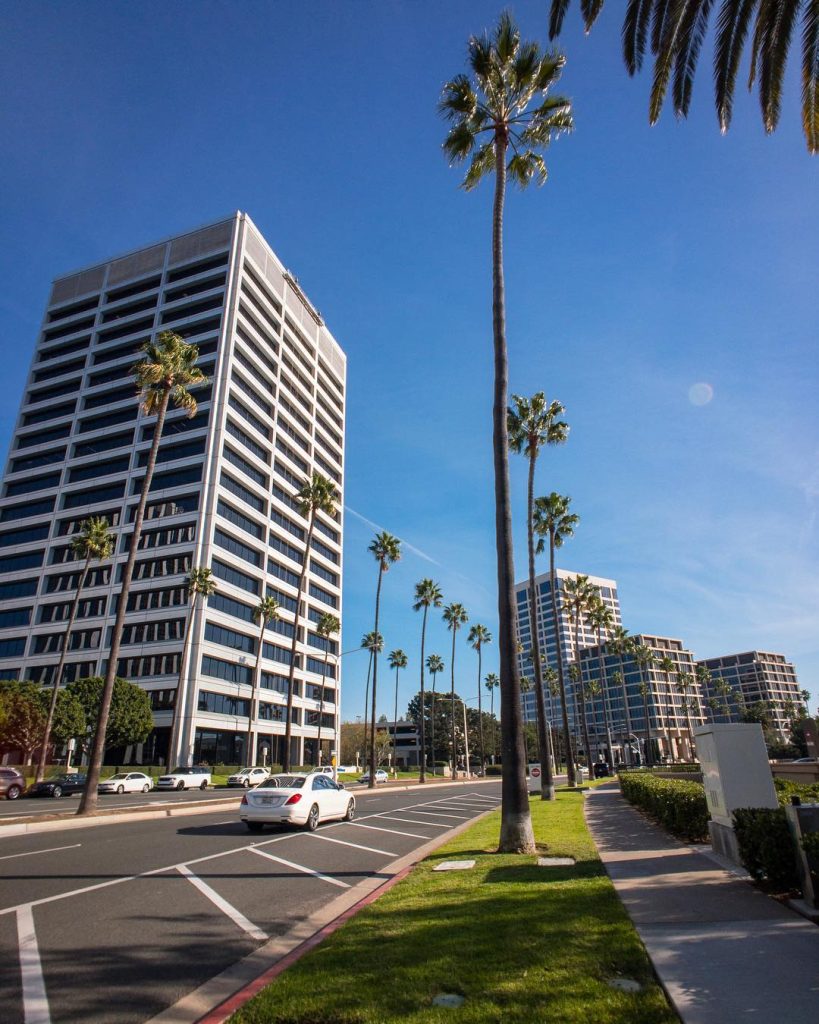Navigating the workers’ compensation system in California can be overwhelming for injured employees. Among the many professionals involved in the process, the workers’ compensation adjuster plays a critical role. Understanding who the adjuster is, what they do, and how they affect your claim can help you better manage your case and ensure you receive the benefits you’re entitled to.
This article breaks down the role of an adjuster in California workers’ compensation cases, offering insight into their responsibilities and how to effectively interact with them.
Who Is a Workers’ Compensation Adjuster?
A workers’ compensation adjuster, also known as a claims adjuster, is an employee of the insurance company that provides coverage for your employer. Their primary job is to manage your workers’ compensation claim, ensuring that the process aligns with company policies and California workers’ compensation laws.
Adjusters serve as the point of contact between the injured worker, the employer, and the insurance company. They are responsible for reviewing the details of the claim, authorizing benefits, and managing costs for the insurance company.
Responsibilities of a Workers’ Compensation Adjuster
Adjusters oversee multiple aspects of a workers’ compensation claim, including:
1. Claim Review and Investigation
Once a claim is filed, the adjuster reviews the details to determine its validity. This includes:
- Examining the circumstances of the injury.
- Reviewing the medical reports and accident documentation.
- Confirming that the injury is work-related and covered under California workers’ compensation laws.
In some cases, the adjuster may conduct interviews with the injured worker, employer, and witnesses to gather additional information.
2. Approving Medical Treatment
The adjuster is responsible for authorizing medical treatments related to the workplace injury. They evaluate the necessity of treatments based on California’s Medical Treatment Utilization Schedule (MTUS), which outlines evidence-based guidelines for workers’ compensation care.
Adjusters may approve or deny treatments, often requiring documentation from the treating physician to justify the need for specific procedures or therapies.
3. Calculating and Issuing Benefits
Workers’ compensation adjusters calculate the benefits an injured worker is entitled to, including:
- Temporary Disability (TD) Benefits: Payments to replace a portion of lost wages while the worker recovers.
- Permanent Disability (PD) Benefits: Compensation for lasting impairments caused by the injury.
The adjuster ensures that benefits align with California’s workers’ compensation laws, which set minimum and maximum payment amounts.
4. Communicating with All Parties
Adjusters act as the central point of communication for the claim, interacting with:
- The injured worker and their attorney (if applicable).
- The employer, to verify details about the injury and work conditions.
- Medical providers, to coordinate care and receive updates on the worker’s condition.
Effective communication is essential for resolving disputes and keeping the claim on track.
5. Controlling Costs
One of the adjuster’s primary objectives is to minimize costs for the insurance company. This may involve:
- Ensuring that only necessary medical treatments are approved.
- Monitoring disability payments to avoid overpayments.
- Contesting claims or treatments they believe are not directly related to the workplace injury.
How Adjusters Affect Your Claim
The adjuster’s decisions can significantly impact the outcome of your workers’ compensation case. While their role is to manage claims fairly, their priority is also to protect the interests of the insurance company. This dual responsibility can lead to challenges for injured workers, including:
- Delays in Treatment: If the adjuster requests additional documentation or disputes the necessity of a procedure, treatment may be delayed.
- Denial of Benefits: The adjuster may deny benefits or medical care if they believe the injury isn’t work-related or if the claim lacks sufficient evidence.
- Settlement Negotiations: If the case involves a settlement, the adjuster will negotiate on behalf of the insurance company, potentially offering less than the worker deserves.
Tips for Dealing with a Workers’ Compensation Adjuster
To protect your rights and ensure a fair process, it’s important to approach interactions with the adjuster carefully. Here are some tips:
1. Document Everything
Keep a detailed record of all communications with the adjuster, including phone calls, emails, and letters. Documenting these interactions can help you track the progress of your claim and provide evidence in case of disputes.
2. Be Honest but Cautious
Provide accurate and truthful information about your injury, but avoid speculating or giving unnecessary details that could be used to challenge your claim.
3. Follow Medical Advice
Ensure that all treatments and procedures are documented and adhere to the recommendations of your treating physician. If the adjuster denies treatment, request a written explanation and consider appealing the decision.
4. Know Your Rights
Familiarize yourself with California workers’ compensation laws to understand your rights as an injured worker. This knowledge can help you navigate disputes and advocate for fair treatment.
5. Consult an Attorney
If you encounter difficulties with the adjuster, such as delays, denials, or inadequate benefit calculations, consult an experienced workers’ compensation attorney. They can handle communications with the adjuster, appeal denied claims, and negotiate on your behalf.
When to Seek Legal Help
While many claims proceed smoothly, there are situations where involving an attorney is necessary:
- The adjuster denies your claim or specific benefits.
- You experience repeated delays in medical treatment or disability payments.
- The adjuster disputes the severity of your injury or your disability rating.
- Settlement negotiations stall, or the offer is unreasonably low.
An attorney can protect your interests and ensure that the adjuster adheres to California’s workers’ compensation laws.
Conclusion
The workers’ compensation adjuster plays a pivotal role in managing your claim, from approving medical treatments to issuing benefits. While their primary responsibility is to the insurance company, injured workers can take steps to ensure fair treatment and timely resolution of their claims.
By understanding the adjuster’s role and staying proactive in managing your case, you can navigate the workers’ compensation process more effectively. If challenges arise, consulting an experienced workers’ compensation attorney can provide the support you need to secure the benefits you deserve.



